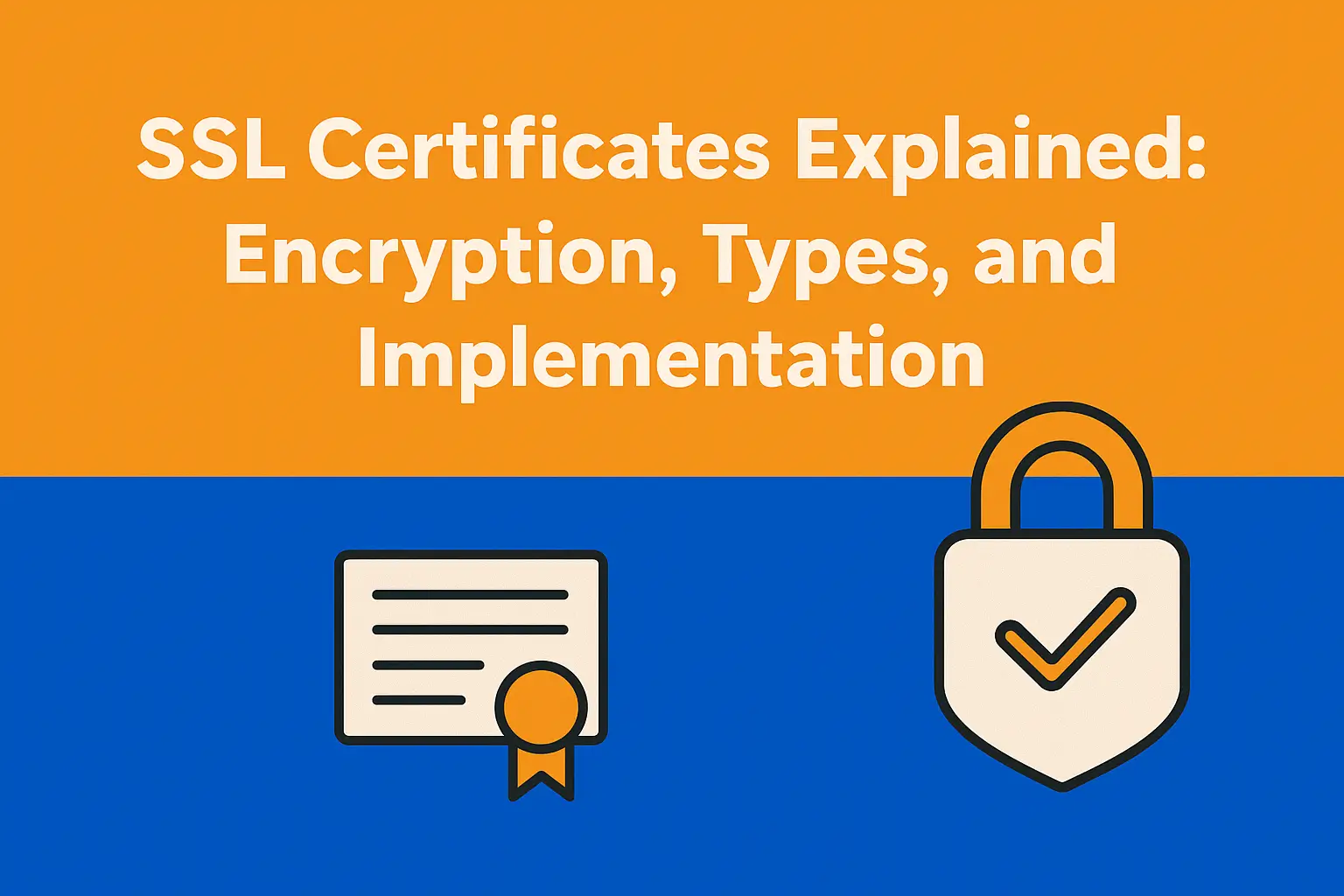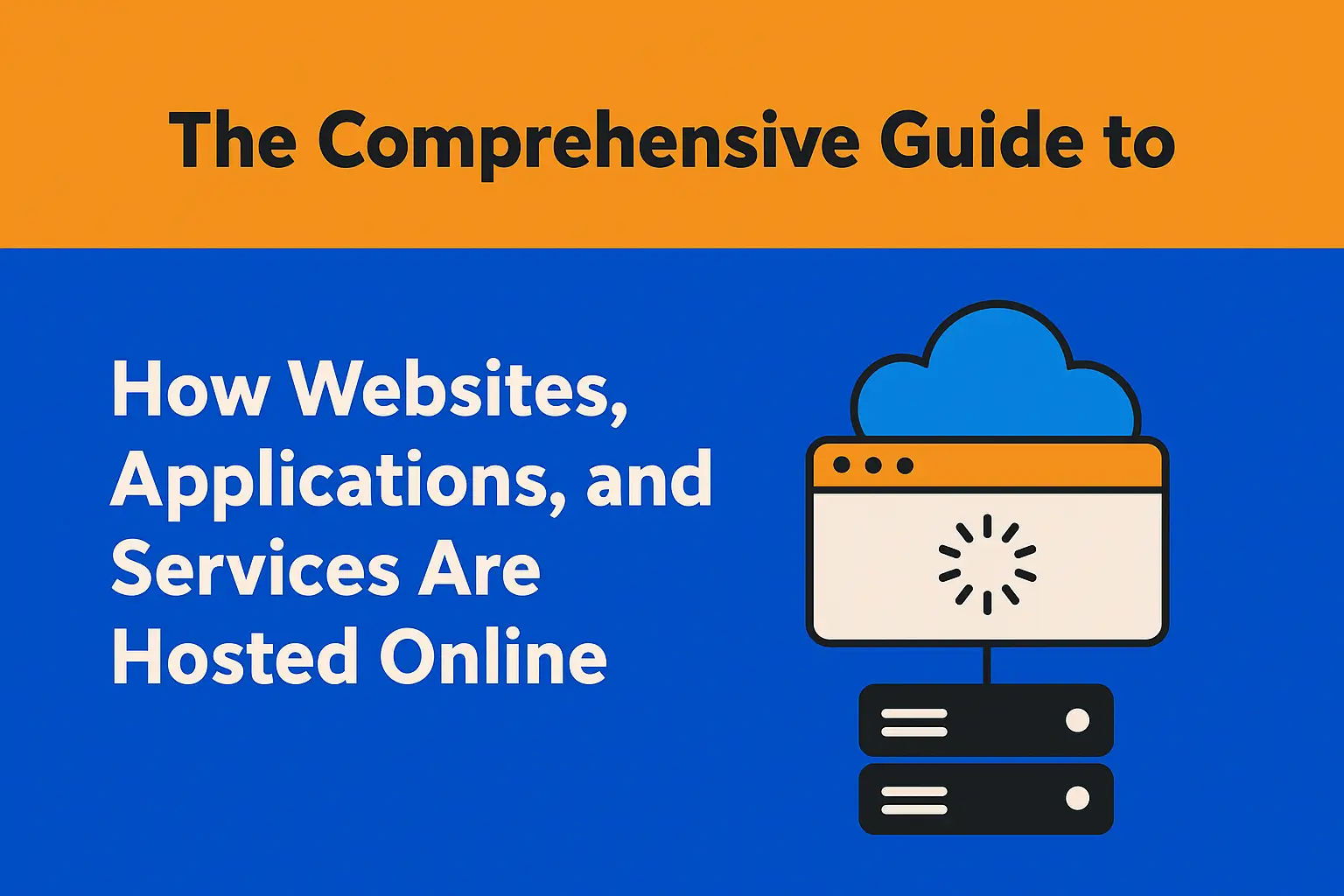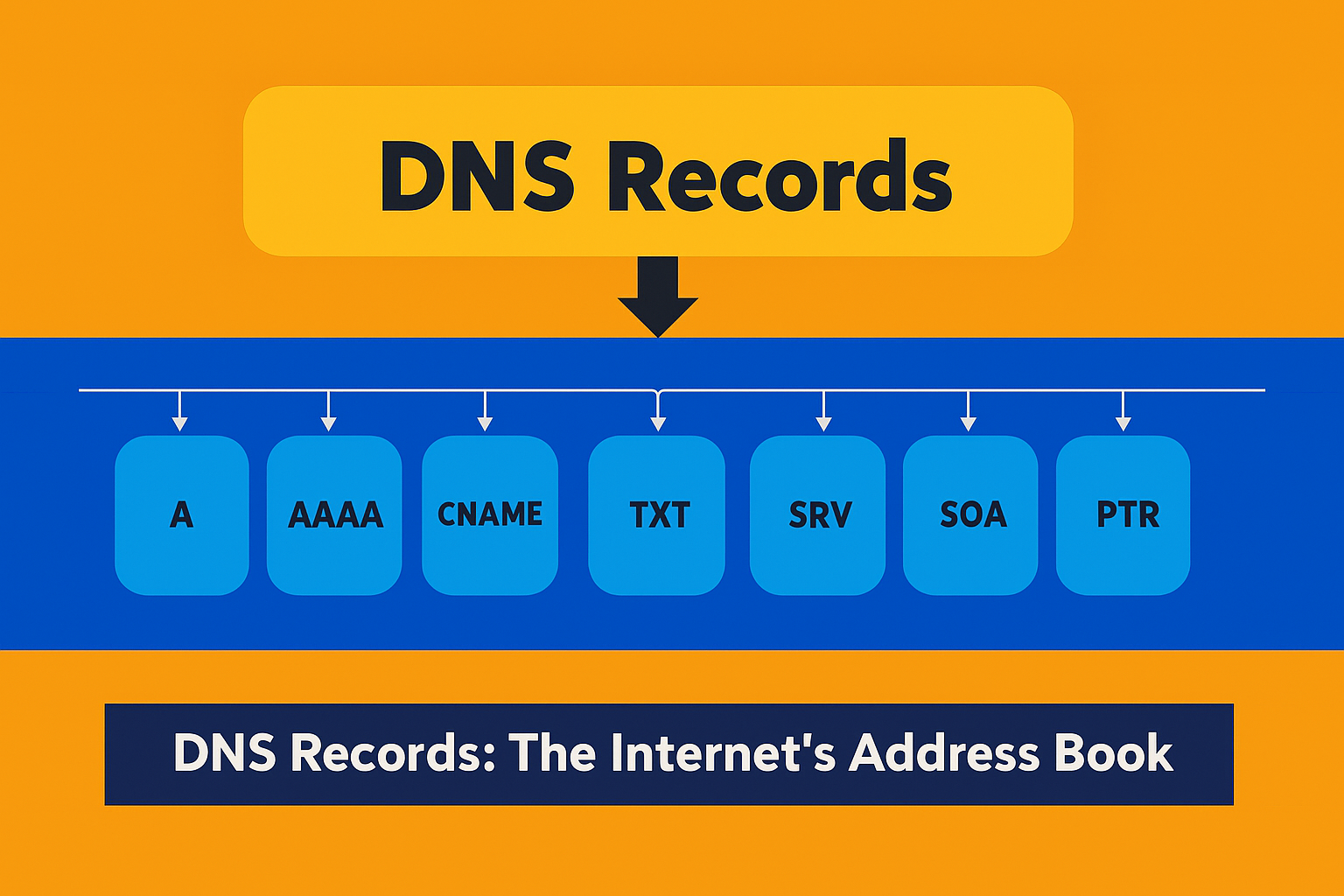
Understanding VPNs: How Do They Work?
A Virtual Private Network (VPN) is a service that establishes a secure and encrypted connection over the internet between a user’s device and a server operated by the VPN provider. The primary function of a VPN is to enhance online privacy and security by encrypting data traffic, effectively masking the user’s IP address, and safeguarding against potential cyber threats. This process helps to ensure that any data transmitted over the internet remains private and secure, even when utilizing unsecured networks such as public Wi-Fi.
When a user connects to a VPN, their internet traffic is routed through an encrypted tunnel to a VPN server. This means that any data sent from the user’s device is first encrypted and then transmitted to the server, which, in turn, forwards the traffic to its intended destination. This encryption ensures that third parties, including hackers, internet service providers (ISPs), and even governments, cannot easily intercept or read the data. Moreover, by masking the user’s IP address and replacing it with the IP address of the VPN server, the user’s online activities become more anonymous, thereby enhancing privacy.
One of the key benefits of a VPN is its ability to bypass geo-restrictions. For instance, users who wish to access content that is restricted to certain geographic locations, such as streaming services, can connect to a VPN server located in the region where the content is available. This allows users to access a broader range of content by virtually appearing in a different location. Furthermore, VPNs play a crucial role in protecting sensitive data when connected to public Wi-Fi, such as in cafes, airports, or hotels. Public Wi-Fi networks are often unsecured, making them a prime target for cybercriminals. A VPN mitigates this risk by ensuring all data transmitted over the network is encrypted.
In summary, VPNs are essential tools for ensuring online privacy, security, and accessibility. By encrypting data traffic, masking IP addresses, and protecting against cyber threats, VPNs provide a robust solution for users seeking to navigate the internet safely and freely.
Benefits and Limitations of VPNs
Virtual Private Networks (VPNs) have become increasingly popular as individuals seek to enhance their online privacy and security. One of the primary advantages of using a VPN is the enhanced privacy it offers by masking your IP address, thus preventing tracking and data collection by third parties. This can be particularly valuable for those concerned about their online footprint and the risk of identity theft.
In addition to privacy, VPNs significantly improve security by encrypting internet traffic, making it much harder for hackers to intercept data. This is especially important when using public Wi-Fi networks, which are often targeted by cybercriminals. For individuals working remotely, this added layer of security ensures that sensitive business information remains protected.
Another notable benefit is the ability to access geo-blocked content. VPNs allow users to bypass regional restrictions, enabling them to access websites and streaming services that may be unavailable in their country. This is particularly useful for expatriates and global travelers who wish to keep up with content from their home countries.
However, VPNs are not without their limitations. One common issue is the potential reduction in internet speed, as encrypting and routing traffic through a VPN server can introduce latency. While this may not be noticeable for casual browsing, it can affect activities that require high bandwidth, such as online gaming and HD streaming.
Another concern is the logging policies of VPN providers. Some providers may retain logs of user activity, which can be accessed by authorities under certain circumstances. It is crucial to choose a VPN provider with a strict no-logs policy to ensure maximum privacy.
Lastly, certain streaming services and websites are becoming increasingly adept at detecting and blocking VPN traffic. This can prevent users from accessing the very content they sought to unblock, reducing the effectiveness of the VPN.
Overall, while VPNs offer significant benefits in terms of privacy, security, and access to restricted content, they also come with limitations that users should be aware of. By understanding these trade-offs, individuals can make informed decisions about when and why to use a VPN.
Proxies: What Are They and How Do They Differ From VPNs?
Proxies are intermediary servers that separate end users from the websites they browse. When a user connects to a website via a proxy, their request first goes to the proxy server. The proxy server then communicates with the desired website on behalf of the user. This process masks the user’s original IP address, thereby hiding their location and identity to a certain extent. The primary function of proxies is to enable users to surf the internet more anonymously by disguising their IP addresses.
In contrast to VPNs (Virtual Private Networks), proxies generally do not offer the same level of security and privacy. While both proxies and VPNs serve to obscure the user’s IP address and allow for some degree of anonymity, the distinctions between them are significant. VPNs encrypt all traffic between the user and the VPN server, ensuring that data cannot be intercepted or tampered with during transit. Proxies, on the other hand, might not offer encryption, meaning that the data sent through the proxy can be vulnerable to interception and attacks.
Another key difference is the range and strength of security features. VPNs often come equipped with enhanced security measures such as kill-switch functionality, DNS leak protection, and robust encryption algorithms. Proxies generally offer fewer security options, making them less effective for ensuring user privacy and security online. Moreover, VPNs are typically easier to use with user-friendly applications available for various devices and operating systems, whereas proxies often require manual configuration, which can be more challenging for the average user.
Despite their limitations, proxies are particularly useful for specific tasks such as bypassing geographical restrictions on content, accessing region-specific services, or hiding one’s IP address. However, their utility falls short when compared to the comprehensive security and privacy provided by VPNs. Users seeking to enhance their online security and ensure robust privacy are more likely to benefit from a VPN solution rather than relying solely on a proxy server.
Is VPN Better Than a Proxy? A Comparison
When evaluating the merits of Virtual Private Networks (VPNs) versus proxies, it is crucial to consider multiple dimensions such as security, privacy, speed, ease of setup, and cost. Each of these factors plays a pivotal role in determining which tool is better suited for specific scenarios.
On the front of security, VPNs generally offer superior protection compared to proxies. A VPN encrypts all the internet traffic between your device and the VPN server, thereby providing robust protection against eavesdropping and data theft. Proxies, on the other hand, do not encrypt traffic, making them vulnerable to interception by malicious actors.
When it comes to privacy, VPNs again take the lead. Utilizing a VPN masks your IP address and encrypts your internet traffic, safeguarding your identity and online activities from prying eyes. Proxies do hide your IP address but fail to offer comprehensive anonymity due to the lack of encryption. This shortfall makes proxies less reliable for users looking to maintain high levels of privacy.
Speed is another consideration where proxies may have a slight edge. Because a proxy does not encrypt traffic, it can, in some cases, offer faster connections and reduced latency. VPNs, by virtue of their encryption protocols, might introduce slight delays, although modern VPN services have largely minimized this problem through optimized servers.
On the topic of ease of setup, proxies hold the advantage. Setting up a proxy is generally straightforward, often involving little more than configuring a few browser settings or installing a plugin. VPNs usually require installing dedicated software, creating an account, and navigating through additional configuration steps.
Cost considerations vary widely. Many proxy services are available for free or at a lower cost compared to VPNs. However, free proxies often come with trade-offs like limited features, slower speeds, and compromised security. VPN services typically involve a subscription fee but offer comprehensive packages that include strong encryption, privacy features, and reliable service.
Different scenarios will determine whether a VPN or a proxy is more beneficial. For streaming geo-restricted content, both tools can be effective, though VPNs may provide more consistent performance. For browsing anonymously, VPNs are the clear choice due to their security and encryption capabilities. When working remotely, especially when handling sensitive data, a VPN is indispensable for safeguarding your connection.
In essence, VPNs and proxies each have their own strengths and weaknesses. VPNs excel in providing security and privacy, while proxies may offer quicker, easier setup and lower cost. The choice between the two should be guided by your specific needs and circumstances.
Tor: Anonymity Redefined
The Onion Router, commonly known as Tor, represents a significant advancement in online anonymity. Unlike traditional privacy tools, Tor encompasses a unique methodology for user protection. It achieves this through a decentralized network of volunteer-operated servers, which effectively masks user identity and circumvents geographic restrictions.
Tor operates on a principle of “onion routing,” wherein data packets are encrypted in multiple layers and transmitted through a succession of servers, called nodes. At each node, a layer of encryption is peeled away, revealing the next destination. This convolutes the data trail, making it exceedingly difficult for intermediaries to ascertain the origin or final endpoint of the traffic.
This mechanism ensures a robust degree of anonymity, primarily utilized by individuals seeking to protect their privacy against surveillance and tracking. Frequent use cases of the Tor Network include accessing restricted websites, whistleblowers disseminating information securely, and privacy-conscious users evading online profiling by advertisers.
However, with high levels of privacy come certain trade-offs. One prominent drawback of using Tor is its notable impact on browsing speed. The extensive process of routing internet traffic through multiple nodes often results in slower connections. Moreover, while Tor excels at obfuscating user IP addresses, it cannot ensure complete immunity from sophisticated attacks capable of de-anonymizing users.
Despite these limitations, Tor remains a vital tool for achieving a heightened level of online anonymity. Its volunteer-driven infrastructure reflects a collective commitment to global privacy, providing an indispensable resource in the personal protection toolkit. As we continue to navigate the evolving terrain of digital privacy, understanding the mechanisms and strategic use of Tor is paramount for anyone invested in securing their online presence.
Is Tor Better Than VPN? Weighing the Options
When considering online privacy tools, both Tor and VPNs present strong cases for different scenarios. Each tool offers unique benefits in terms of privacy, security, and performance. Understanding these differences is crucial for selecting the right tool for a given situation, be it evading censorship, enhancing anonymity, or exploring the dark web.
Tor, short for The Onion Router, is designed to route your Internet traffic through a network of volunteer-operated servers, making it difficult for anyone to track your online activity. Tor excels in scenarios where maximum anonymity is required, such as accessing the dark web or evading extensive state censorship. Additionally, it allows users to access Tor-specific websites called “onion services.” However, the use of multiple relay nodes can significantly impact browsing speed, making it less suitable for activities that demand high bandwidth, such as streaming or video conferencing.
VPNs, or Virtual Private Networks, operate differently. By routing your Internet connection through a secure server run by a VPN provider, they mask your IP address and encrypt all transmitted data. This enhances privacy by making it harder for third parties to monitor your activity. VPNs typically offer faster connection speeds compared to Tor, which makes them ideal for general browsing, gaming, and streaming. VPNs also typically have more user-friendly interfaces and customer support options. Yet, they come with some limitations. VPN providers can potentially log user activities, and your privacy hinges on the provider’s policies and reliability.
Choosing between Tor and a VPN depends largely on the user’s needs and risk tolerance. For users requiring top-tier anonymity, especially in oppressive regimes or when accessing dark web resources, Tor is preferable despite its slower speeds. For routine privacy needs that involve higher bandwidth usage, VPNs present a more balanced option. It is also worth noting that combining both tools can provide layered security, with a VPN masking the fact that Tor is being used, thus offering an added layer of protection.
Is Proxy Better Than Tor? Diving Deep
When evaluating online privacy tools, proxies and Tor serve distinct purposes, each offering unique advantages. Understanding the differences between these tools can help users choose the most suitable option for their needs. Proxies are often praised for their speed and simplicity, making them a practical choice for specific use cases. They act as intermediaries between the user’s system and the internet, masking the user’s original IP address. This can be beneficial for accessing geo-blocked content, managing multiple social media accounts, or performing automated tasks. However, proxies offer limited encryption, leaving data vulnerable to eavesdropping and man-in-the-middle attacks.
On the other hand, Tor (The Onion Router) is designed to provide a higher level of anonymity and security. Tor routes user traffic through multiple volunteer-operated servers (nodes), encrypting data at each step. This multi-layered encryption makes it significantly more challenging to trace the original source of the traffic, offering a robust shield against surveillance and tracking. Tor is particularly valuable for individuals facing oppressive regimes, journalists handling sensitive information, or anyone needing maximum anonymity. However, the intricate routing process of Tor inherently reduces speed, making it less suitable for latency-sensitive activities.
In terms of user-friendliness, proxies typically have an edge. Setting up a proxy can be straightforward, with many browser extensions and applications simplifying the process. Tor, while crucial for high-stakes privacy, requires more familiarity with its configuration and best practices to prevent accidental de-anonymization. Proxies are suitable for everyday privacy tasks, such as hiding browsing history from a local network or bypassing simple content filters. Conversely, Tor is the go-to solution for circumventing extensive internet censorship, conducting private research, or ensuring confidential communications.
To summarize, choosing between a proxy and Tor depends on the user’s specific requirements. For tasks demanding high speed and ease of use, a proxy is often more practical. When anonymity and security are paramount, Tor remains the superior choice, despite potential speed trade-offs. Balancing these factors allows users to select the most appropriate tool for their unique privacy needs.
Alternative Tools for Online Privacy
While VPNs, proxies, and Tor are commonly employed for enhancing online privacy, a range of alternative tools can also prove effective in protecting user data and anonymity. Among these, browser-based privacy tools, encrypted messaging apps, and secure email providers offer valuable privacy features tailored to various aspects of online activity.
Browser-based privacy tools are designed to enhance web browsing security and privacy. For instance, HTTPS Everywhere is a browser extension that forces websites to use encrypted HTTPS connections, thereby securing data transmission. Privacy Badger, developed by the Electronic Frontier Foundation, blocks spying ads and invisible trackers, learning which domains to block based on user browsing behavior. These tools are essential for maintaining privacy during routine browsing and can be easily integrated with browsers like Chrome and Firefox.
Encrypted messaging apps are pivotal in ensuring private communications. Signal and WhatsApp utilize end-to-end encryption to secure messages, meaning only the communicating users can read the messages, not even the service providers. Signal is known for its strong security features and open-source protocol, making it a trusted option among privacy advocates. WhatsApp, widely used globally, also provides robust encryption and is convenient for everyday communication. These apps are excellent for personal and professional communication, ensuring confidentiality over digital channels.
Secure email providers like ProtonMail and Tutanota offer encrypted email services. ProtonMail, based in Switzerland, provides end-to-end encryption and zero-access encryption, ensuring that even the service providers cannot read users’ messages. Tutanota, known for its user-friendly interface, also offers end-to-end encryption and additional features like encrypted calendars. Both services allow users to send secure emails, even to those who do not use the same encrypted email provider.
Combining these tools with VPNs, proxies, or Tor can significantly enhance online privacy. For example, using HTTPS Everywhere alongside a VPN can ensure encrypted data transmission across multiple security layers. Similarly, encrypted messaging apps and secure email providers ensure that communications remain private, regardless of whether a VPN or Tor is in use. By employing a multi-faceted approach, users can create a robust defense against various online privacy threats.





0 Comments